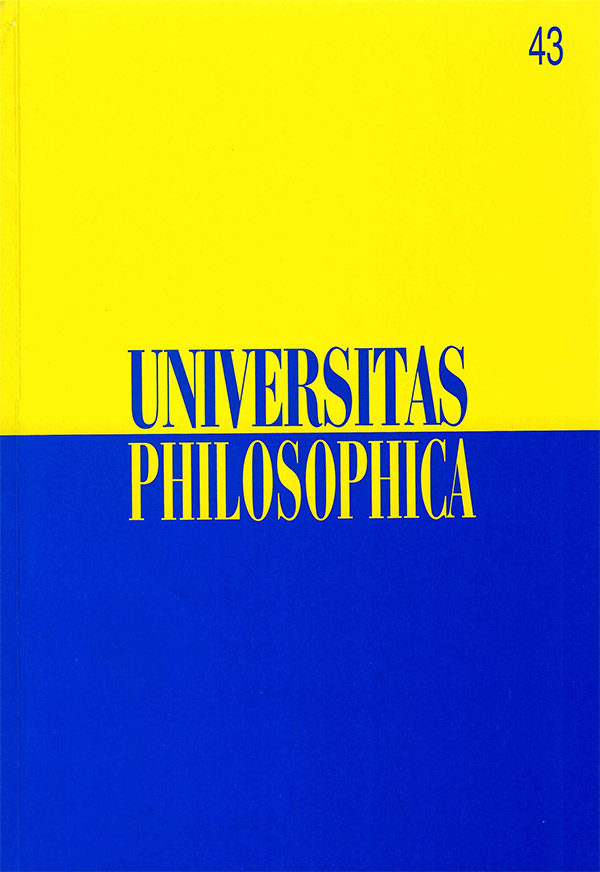Resumen
Los conceptos de discurso y lenguaje, en el conjunto de la obra de Martin Heidegger, han resultado un eje fundamental de la interpretación de Ser y tiempo. Sin embargo, el papel concreto que juega cada una de estas determinaciones existenciales del Dasein varía de manera significativa. Esta multiplicidad de la interpretación es una respuesta hermenéutica directa a la constitución misma del fenómeno del lenguaje. Pero este 'existencial', aún cuando es capaz de recibir un análisis concreto y directo desde diferentes perspectivas, depende también de la coherencia interna del proyecto heideggeriano y de la totalidad de la analítica. El presente artículo intenta, por un lado, ofrecer una exposición general del concepto de lenguaje en la primera etapa de la filosofía de Heidegger; y por el otro, trata de dar cuenta del horizonte más propio y determinante de esta ontología supuesta en el discurso y su exteriorización: el problema de la posibilidad. Así, atender al complejo de relaciones que determinan la aparición del concepto del lenguaje supone una relectura, en una clave diferente, de la tarea filosófica de Heidegger en Ser y tiempo.Esta revista científica se encuentra registrada bajo la licencia Creative Commons Reconocimiento 4.0 Internacional. Por lo tanto, esta obra se puede reproducir, distribuir y comunicar públicamente en formato digital, siempre que se reconozca el nombre de los autores y a la Pontificia Universidad Javeriana. Se permite citar, adaptar, transformar, autoarchivar, republicar y crear a partir del material, para cualquier finalidad (incluso comercial), siempre que se reconozca adecuadamente la autoría, se proporcione un enlace a la obra original y se indique si se han realizado cambios. La Pontificia Universidad Javeriana no retiene los derechos sobre las obras publicadas y los contenidos son responsabilidad exclusiva de los autores, quienes conservan sus derechos morales, intelectuales, de privacidad y publicidad.
El aval sobre la intervención de la obra (revisión, corrección de estilo, traducción, diagramación) y su posterior divulgación se otorga mediante una licencia de uso y no a través de una cesión de derechos, lo que representa que la revista y la Pontificia Universidad Javeriana se eximen de cualquier responsabilidad que se pueda derivar de una mala práctica ética por parte de los autores. En consecuencia de la protección brindada por la licencia de uso, la revista no se encuentra en la obligación de publicar retractaciones o modificar la información ya publicada, a no ser que la errata surja del proceso de gestión editorial. La publicación de contenidos en esta revista no representa regalías para los contribuyentes.


